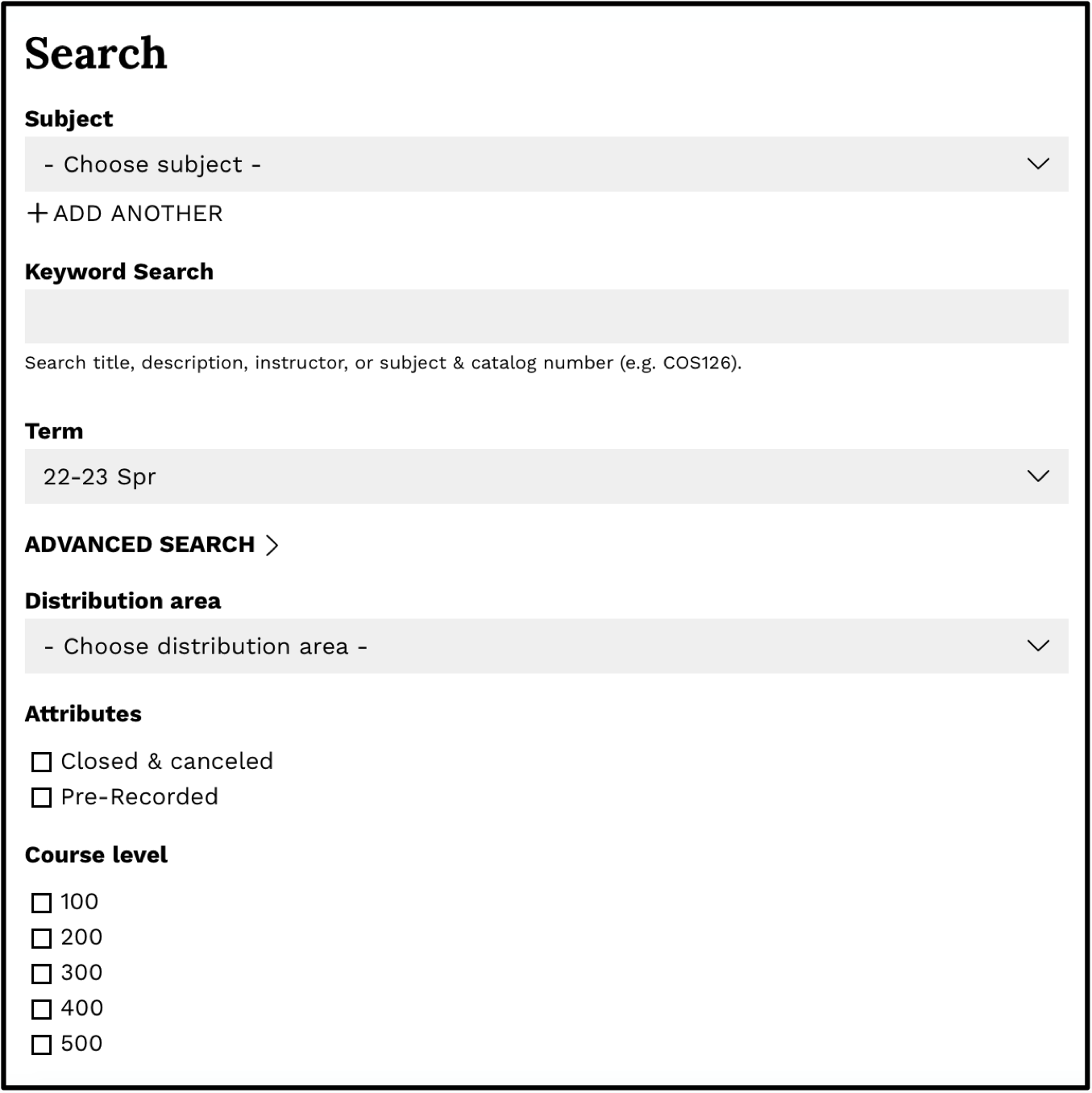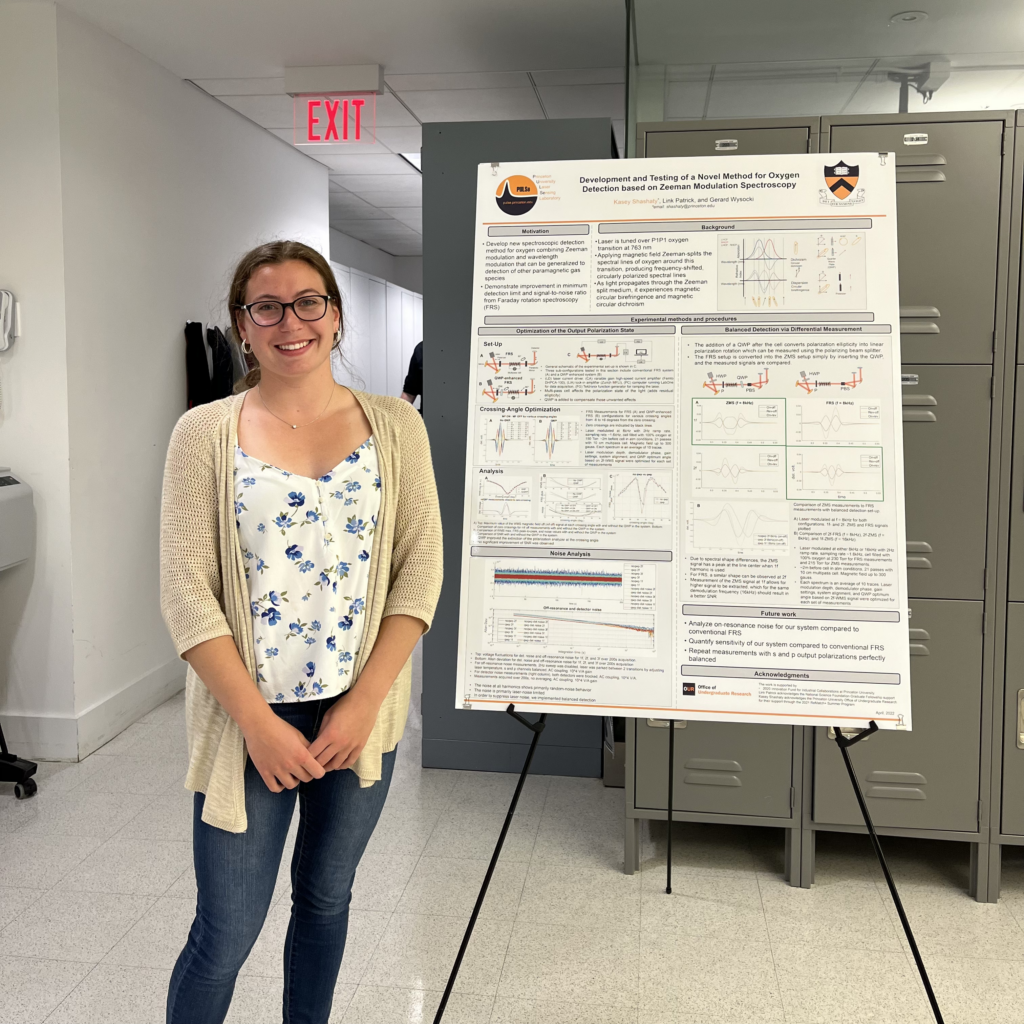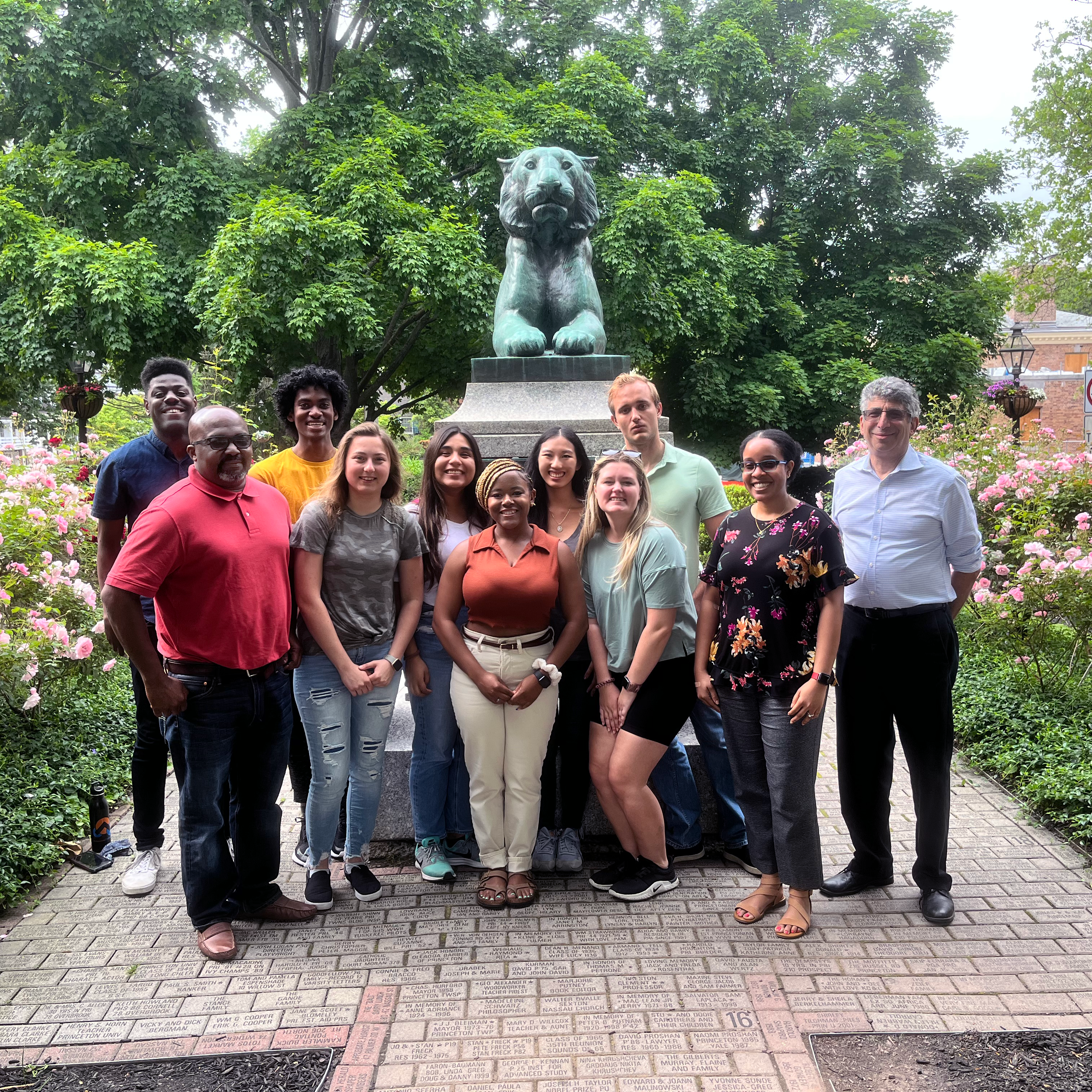The Princeton Perspective Project (PPP) is an initiative by Princeton students against the expectation of “effortless perfection.” Our seasonal series in partnership with PPP interviewed professors, undergraduate students, and graduate students to hear their thoughts on expectations, challenges, failures, and growth through it all. In this segment of our Seasonal Series, we hear from Cara Khalifeh, the Treasurer of the Princeton Perspective Project.
Continue reading An Interview with Cara Khalifeh, PPP TreasurerPPP from a Student’s Perspective: An Interview with Alexis Wu
I really enjoyed Alexis Wu’s introduction to our seasonal series with the Princeton Perspective Project (PPP) – if you haven’t read it already, you should definitely check it out. Alexis was kind enough to agree to an interview to answer some further questions about her experiences as a member of PPP. Read more below!
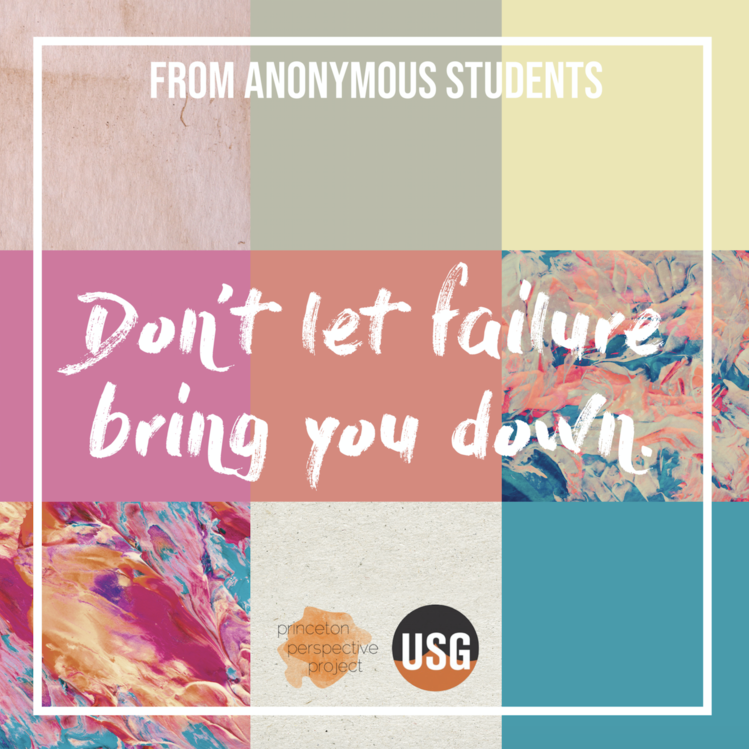
Reflections on Fear, “Failure,” & the Beauty of Organic Chemistry Part 1: Thank You ORGO LEGEND Tom Silldorff
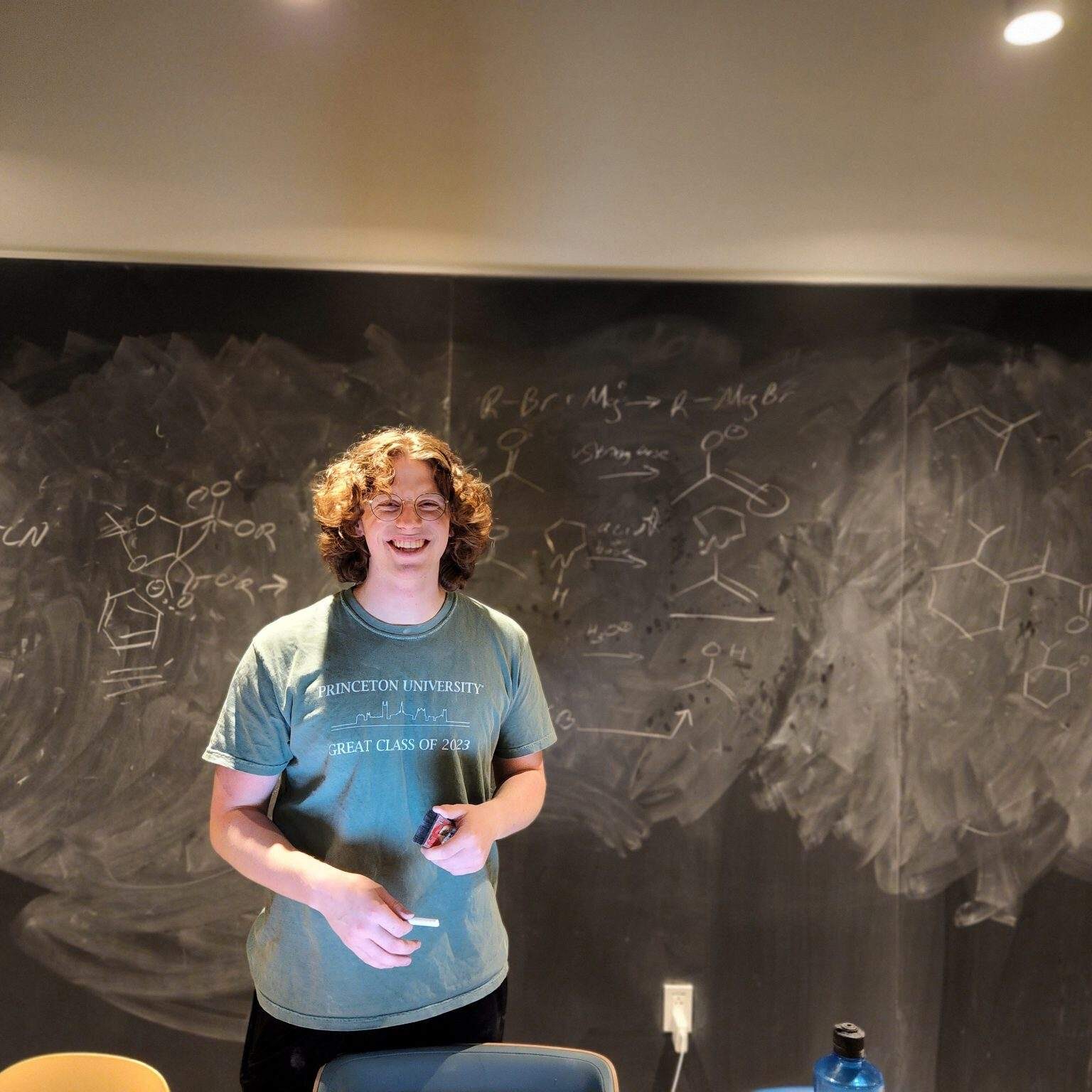
As part of our collaboration with the Princeton Perspectives Project (PPP), we’re exploring how the idealized notion of “effortless perfection”—the idea that a path to success must be free of failure—obscures the reality of both the research process and mastering a new subject. For many students, there are few better examples of this phenomenon than the Organic Chemistry course. Almost regardless of who is teaching or how it is taught, “Orgo” has earned near-universal notoriety for its complicated labs, unconventional approach, and the immense, complex breadth of material that students must learn to conceptualize and then apply. Orgo students must learn to think in an entirely new way, and this process can be uncomfortable. Challenges, mistakes, and “failure” are bound to occur along the way. Yet, often, it is through confronting these very challenges that students grow not only as future academics, engineers, or doctors—but as people.
Continue reading Reflections on Fear, “Failure,” & the Beauty of Organic Chemistry Part 1: Thank You ORGO LEGEND Tom SilldorffStruggling with Summer? Why You SHOULD Do the Unexpected
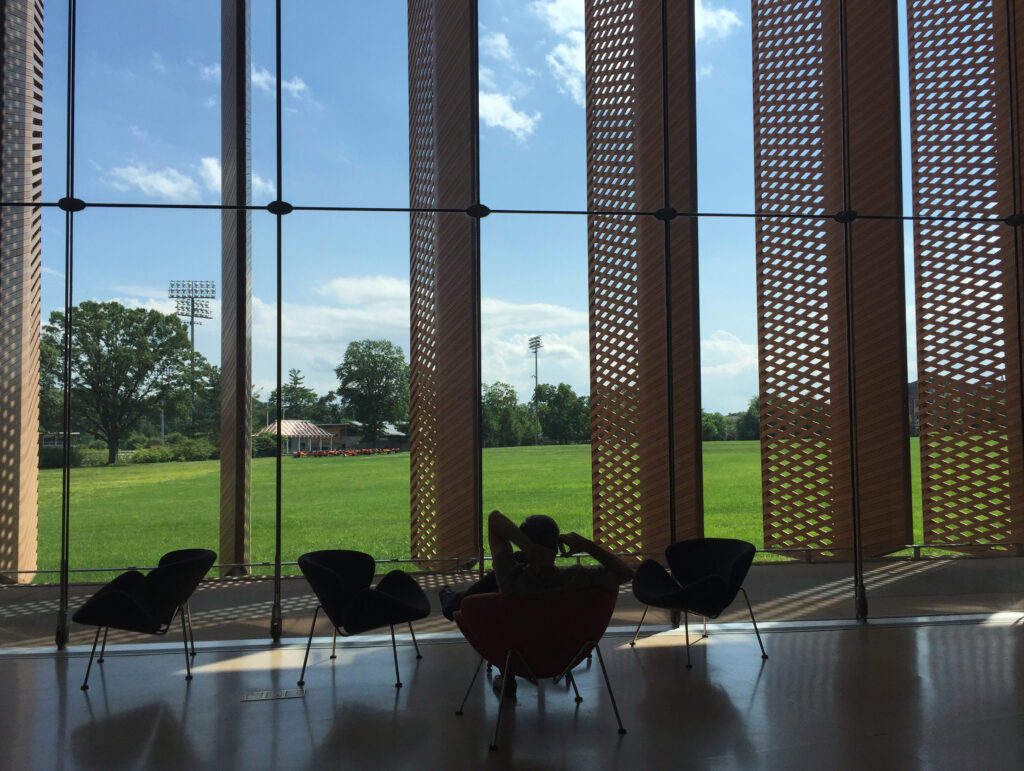
“So, what are your plans this summer?”
With summer break a mere two months away, it seems talk of summer plans finds its way into more and more conversations. The question seems simple enough: it may just be someone’s attempt to sow common ground, find a housing buddy, or even vent their own frustrations in the summer internship search.
Continue reading Struggling with Summer? Why You SHOULD Do the UnexpectedWintersession: A Fun Chance to Discover New Interests
The start of a new semester can be an adjustment, especially after a long and relaxing break. In the spring, I often end up feeling overwhelmed by internship applications, which Amaya recently wrote about. A few weeks ago, though, I found myself overwhelmed in a far more positive manner; I came back to campus early this year for Wintersession, and was amazed by the huge selection of opportunities both on and off campus. Wintersession is a recent Princeton initiative, giving students the chance to teach and participate in workshops, classes, and trips during the last two weeks of winter break. This past Wintersession, some of the offerings included a class on blacksmithing and a skiing trip. Free, short-term programs are the perfect chance to step out of your learning comfort zone. A particularly engaging class could spark your interest in an unfamiliar (or even underexplored!) topic, opening up new avenues for potential research.
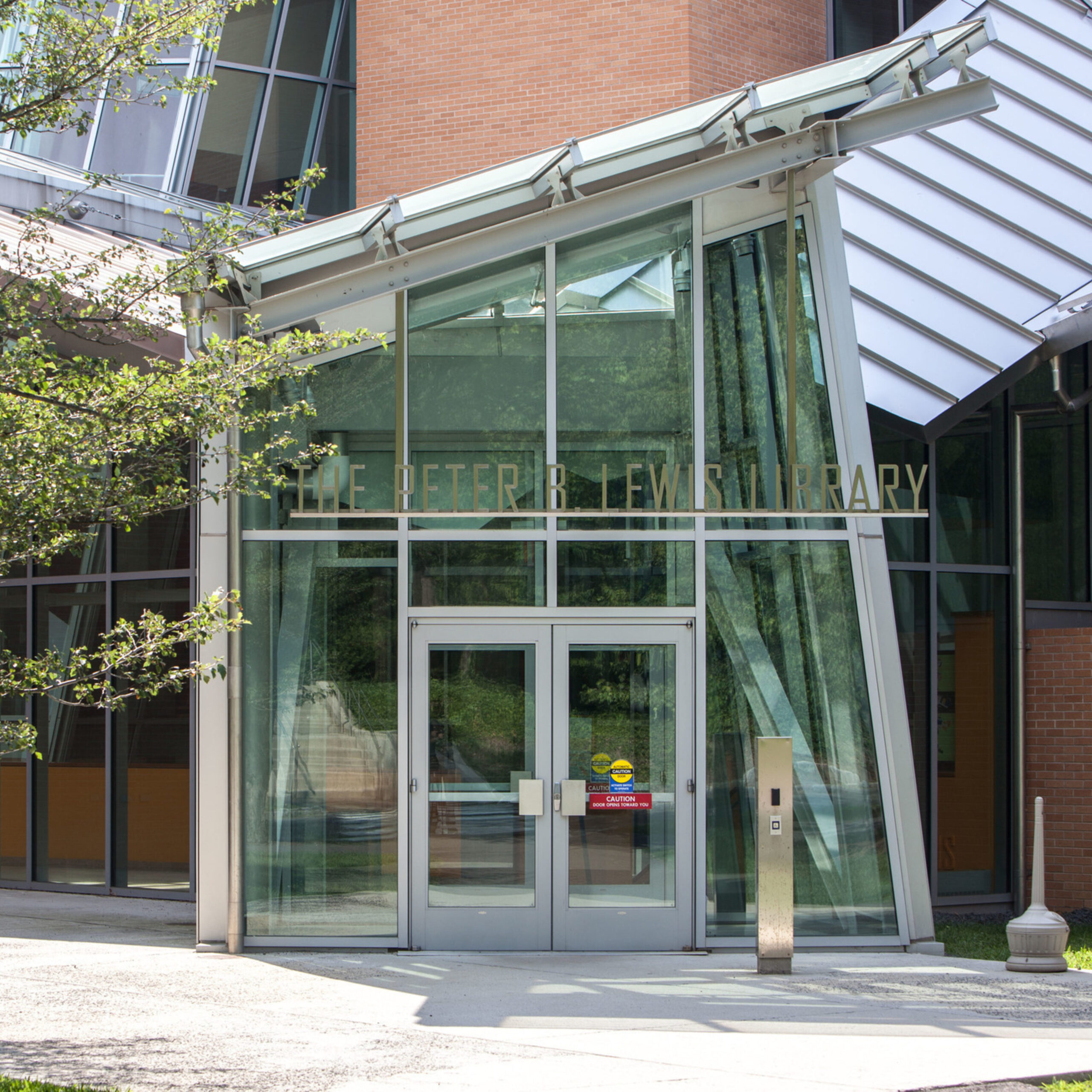
Experiences in the ReMatch+ Program: An Interview with Kasey Shashaty ’23 – Part 2
Last spring, I interviewed Kasey Shashaty. In this second part of my interview, we discuss specific challenges in her transition between virtual and in-person research and reflections on how this experience in the PULSe Lab has influenced her perspective on research and her plans for the future.
Kasey Shashaty got her jumpstart in research through the ReMatch+ program organized by the Office of Undergraduate Research. ReMatch+ is a summer mentorship program that pairs first-year and second-year students with a graduate student or postdoctoral fellow as they work on a summer research project. Read on to learn more about her research experience!
Continue reading Experiences in the ReMatch+ Program: An Interview with Kasey Shashaty ’23 – Part 2iFly and I Rest: Making the Most of Winter Break

Winter break is long and much-needed. It is a time to relax, rejuvenate, and reflect on the semester. In this post, I will give advice on how to make the most of the next few months, but I recognize that you know yourself best and should choose to spend your break in whatever way makes you happiest. Without further ado, here are my takeaways from the last 3 winter breaks:
Continue reading iFly and I Rest: Making the Most of Winter BreakLearning to Stay Productive During Reading Period
While reading Ryan’s recent post about dean’s date traditions and reading period excitement, I started thinking back to all of the things I wish I did differently during my first reading period. Today, I want to approach the same topic of reading period, but from a slightly less exciting (although necessary) angle: how to actually buckle down and stay productive when studying for finals. Unlike fall finals last year, reading period this December will be fully on campus, and for most of us, won’t require navigating studying from home. Here’s some of my advice for how to take full advantage of reading period for a strong end to the semester.
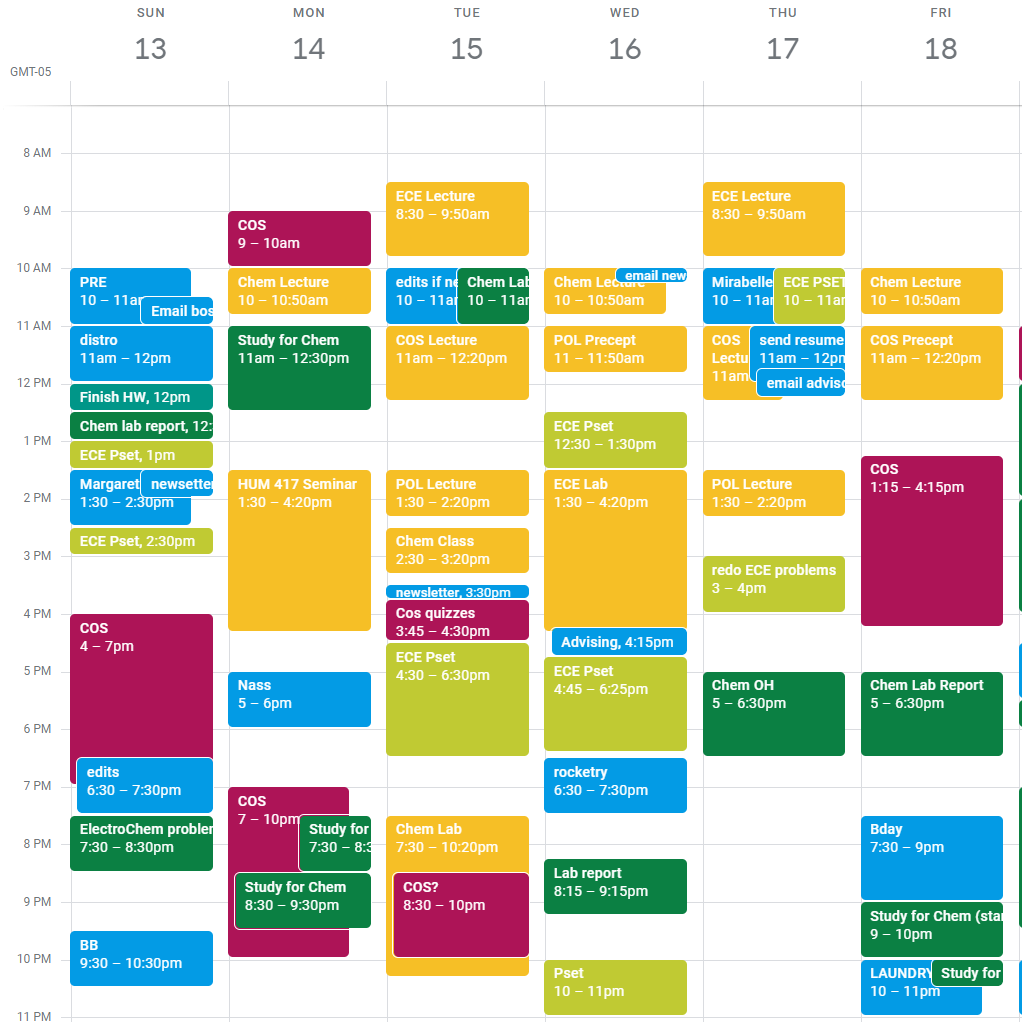
No Experience Necessary: An Interview with Delaan Nedd ’25
Delaan Nedd ’25 (second from the left in the top row) and the Bocarsly Lab. Photo from Bocarsly Lab News.
As we enter December, it seems like summer is far, far away, but it’s a good time to start thinking about summer plans if you haven’t already. If you’re interested in research, there are numerous summer research programs whose applications are currently open (the Office of Undergraduate Research has a great list here).
For students with no experience with research, just getting started can be daunting. I wanted to hear from students whose first hands-on exposure to research was through Princeton’s research programs, so I interviewed Delaan Nedd ‘25. Delaan spent this past summer in the Princeton Department of Chemistry’s Summer Undergraduate Research Fellowship in Chemistry (SURF-C) program. SURF-C is a nine-week program for first and second-year undergraduate students to work on cutting-edge chemistry research alongside Princeton faculty, post-docs, graduate students, and other undergrads. What’s exciting is that the research Delaan contributed to during SURF-C was recently published in the Royal Society of Chemistry’s Dalton Transactions journal—check out the full paper here!
In this interview, we discuss his experience with on-campus summer research both in and out of the lab, as well as how the summer further informed his academic and career interests.
Continue reading No Experience Necessary: An Interview with Delaan Nedd ’25Choosing Classes that Align with Your Research Interests
With spring course selection coming up very soon, it can be intimidating to try and pick your classes from the massive selection advertised on the Course Offerings website. Maybe you have a few ideas about the type of classes you’d like to take, but creating a balanced schedule while also making sure you’re on track to fulfill your requirements can be a big undertaking. I also want to encourage you to keep one more element in mind when it comes to picking classes: potential research opportunities. The final paper you write in your favorite class next semester is not only your next great writing sample, but could be the beginning of your next big research project. Better yet, forming a relationship with your favorite professors is a great way to open doors to research opportunities. But if you’re looking to try something slightly out of your comfort zone, where should you start when looking at new courses? Here are a few of my tips.
